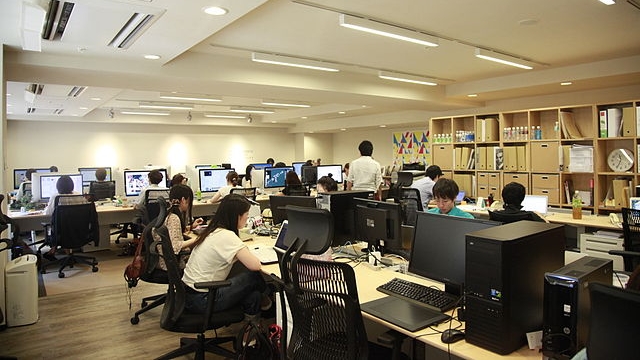
Do we collaborate more when we think fast or slow?
Originally posted on The Horizons Tracker.
Understanding why and how humans cooperate has been one of the most popular areas of analysis by the academic community, and indeed I’ve covered many such papers on my blog.
A recent study uses the language of Daniel Kahneman to examine whether our decisions on when and how to collaborate are made instinctively or deliberately.
Collaborating fast or slow
So, do we tend to collaborate more when we have time to think about it, or when we act instinctively? The study takes a lead from the well known works of Nobel Prize winner Daniel Kahneman, who famously revealed that our decision making tends to fall into either fast and intuitive form or slow and deliberate form.
The majority of our thinking falls into the ‘fast’ camp, but does our decision making around collaboration? The paper suggests that our fast responses tend to be formed based upon past experience, and the same is true with collaboration. So if you’ve been burnt before by cooperating then it’s likely to make you think twice before doing so again. In other words, your environment is a big factor here, which underlines the importance of creating a cooperative culture at work.
“Deliberation, conversely, allows us to adjust to the specific social situation we are facing at any given time, overriding the intuitive response if that response is not actually payoff maximizing in the current setting,” the authors say.
Short and quick
The researchers argue that the fast and intuitive type of thinking tends to favor decisions with a quick payoff, which they suggest will favor cooperation.
By contrast, when we deliberate over decision making, it tends to encourage us to think more in terms of our own self-interest, which would subsequently reduce our collaboration levels.
The authors conducted a thorough literature review to test this hypothesis, with nearly 70 papers analyzed that included some kind of fast or slow decision making in a cooperative context.
“As predicted, the meta-analysis revealed 17.3% more pure cooperation when intuition was promoted over deliberation, but no significant difference in strategic cooperation between more intuitive and more deliberative conditions,” the authors say.
So, in other words, when we act instinctively we do tend to collaborate more frequently, but only really when to do so is in our self-interest. This led to a reduction in collaboration when we took time to think things through.
To take this thinking into the workplace, therefore, we should try to create a positive culture around collaboration so that our intuition is always that collaborating is a positive thing rather than a negative thing.
Article source: Do we collaborate more when we think fast or slow?






